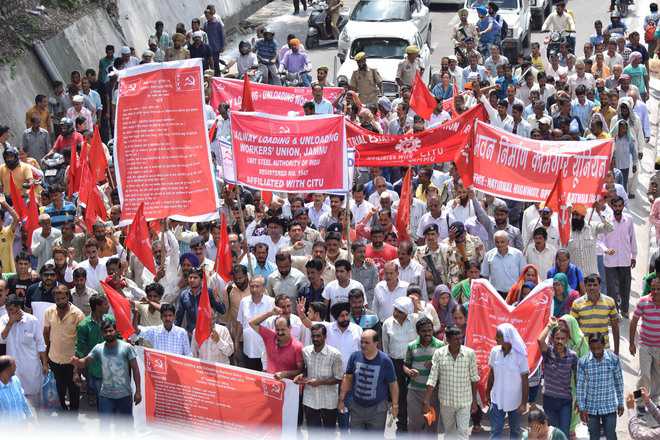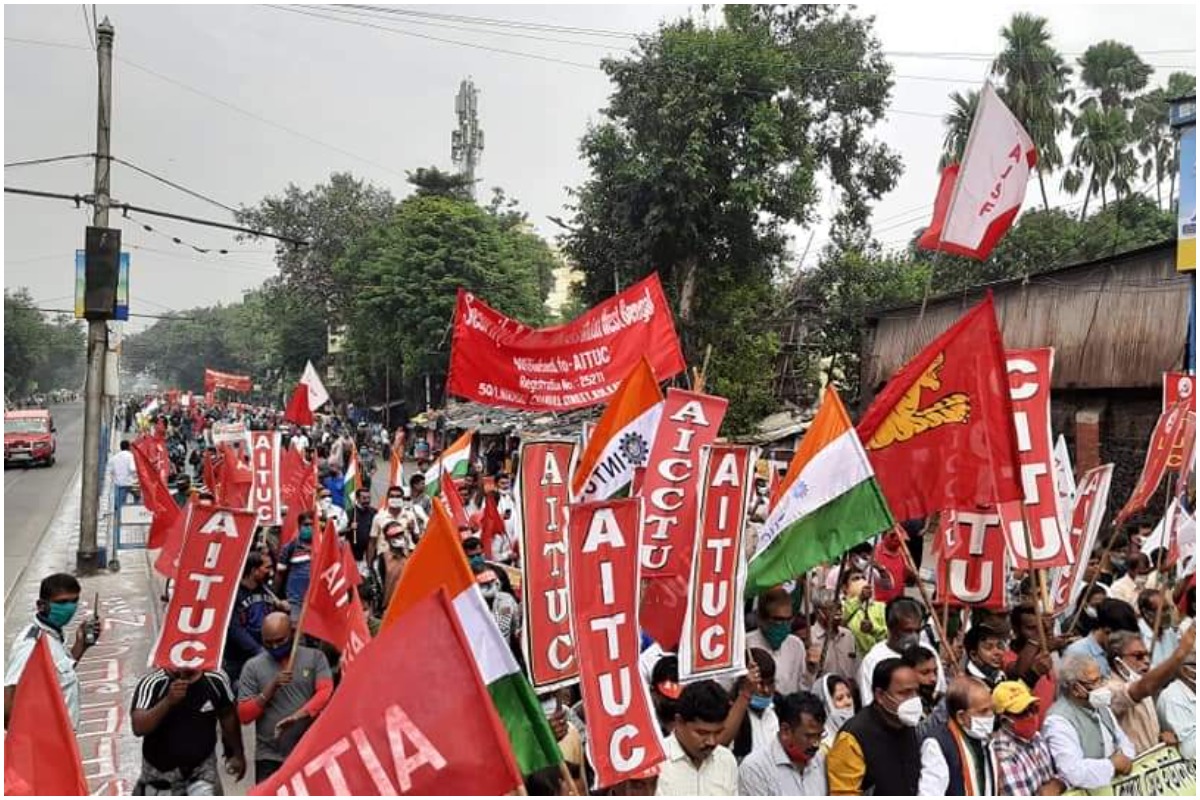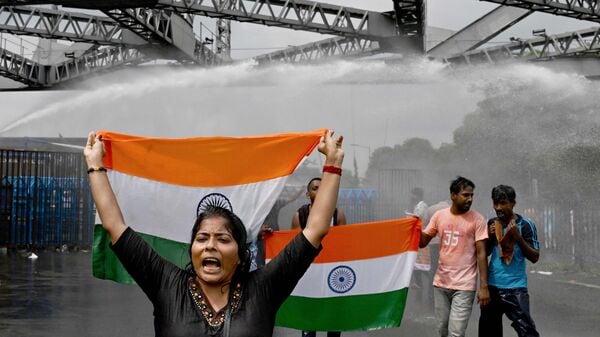
Summary:
West Bengal witnessed widespread unrest on July 9, 2025, as a statewide strike called by opposition parties turned chaotic. Several areas reported sporadic violence, clashes between protestors and police, and public disruptions. The bandh has reignited political tensions in a state already known for its volatile political environment.
Background: Why Was the Strike Called?
The strike was called by a united front of opposition parties including the BJP, Left parties, and the Congress. The key demands centered around:
Rising unemployment in West Bengal
Declining law and order
Allegations of corruption within the state government
Suppression of democratic voices
The bandh was meant to be a symbolic protest, but tensions on the ground quickly escalated, turning parts of the state into flashpoints of violence.
Violent Incidents Across the State
Northern Bengal Unrest
Districts like Cooch Behar and Siliguri saw the most aggressive enforcement of the strike. Protesters attempted to shut down markets and transportation services forcibly. Police were deployed in large numbers to prevent disruptions, leading to heated confrontations.
Howrah, Hooghly, and South 24 Parganas
In urban belts like Howrah and Hooghly, protesters took to the streets in the early hours, blocking major roads. Scuffles erupted when the police tried to remove roadblocks. In some places, protestors pelted stones at buses and disrupted train services.
Public buses were damaged, and several private vehicles were forced off the roads. In South 24 Parganas, mobs reportedly clashed with local TMC supporters, creating further tension.
Kolkata: Tense But Under Control
While Kolkata remained relatively calm compared to the districts, isolated incidents of road-blocking and protest marches occurred in parts of Central and North Kolkata. Metro and local train services remained functional with heavy police protection.

Schools, Offices, and Daily Life Affected
The bandh led to the closure of many educational institutions. Parents preferred not to send their children to school amid uncertainty and possible violence. Government offices saw low attendance despite the administration issuing warnings against absenteeism.
Shops, especially in smaller towns, stayed shut under pressure from protestors. Daily wage workers and small business owners expressed frustration at the economic loss caused by such strikes.
Political War of Words
TMC Hits Out at the Opposition
The ruling Trinamool Congress (TMC) strongly opposed the bandh. Senior leaders accused the opposition of “pushing Bengal into chaos” and “trying to destabilize governance through disruptive tactics.” The party maintained that such strikes are outdated and harm ordinary citizens the most.
Chief Minister Mamata Banerjee said the people of Bengal “want peace and progress, not politically driven disruption.”
Opposition Calls it a ‘People’s Movement’
In contrast, opposition leaders from the BJP, CPI(M), and Congress called the bandh a major success. They claimed the public supported the strike wholeheartedly and highlighted how the “anger of the common man” was being silenced by police brutality.
BJP state president Sukanta Majumdar remarked, “Today’s protest was the voice of a betrayed people. Bengal is not safe, not employed, and certainly not free.”

Police Response and Arrests
To maintain law and order, West Bengal Police deployed extra forces in all sensitive areas. The Rapid Action Force (RAF) was present in district hotspots. As per official reports, over 150 protesters were detained for blocking roads, vandalizing property, or clashing with police.
In several instances, police used batons to disperse protestors who were forcefully trying to shut down shops or public services. Videos circulating on social media showed heated arguments and physical altercations.
Public Opinion: Divided but Tired
The bandh left citizens divided. While some supported the opposition’s message, many criticized the mode of protest:
“We’re tired of these strikes,” said a college student in Howrah. “They don’t solve anything. They only disrupt our exams and livelihoods.”
Small traders and workers voiced anger, noting they lose income each time a bandh is enforced. However, a section of society—especially in rural areas—agreed with the opposition’s claim that governance has been poor in recent years.
Looking Ahead
With Assembly elections scheduled for 2026, West Bengal is entering a politically sensitive phase. The July 9 bandh shows that tensions between the TMC and opposition parties are only intensifying. More such confrontations may be on the horizon.
For ordinary citizens, the hope remains that political rivalry should not come at the cost of peace, safety, and daily livelihood.